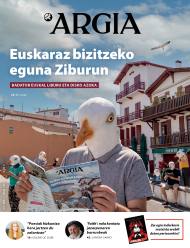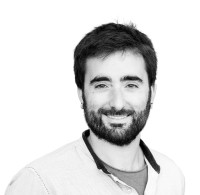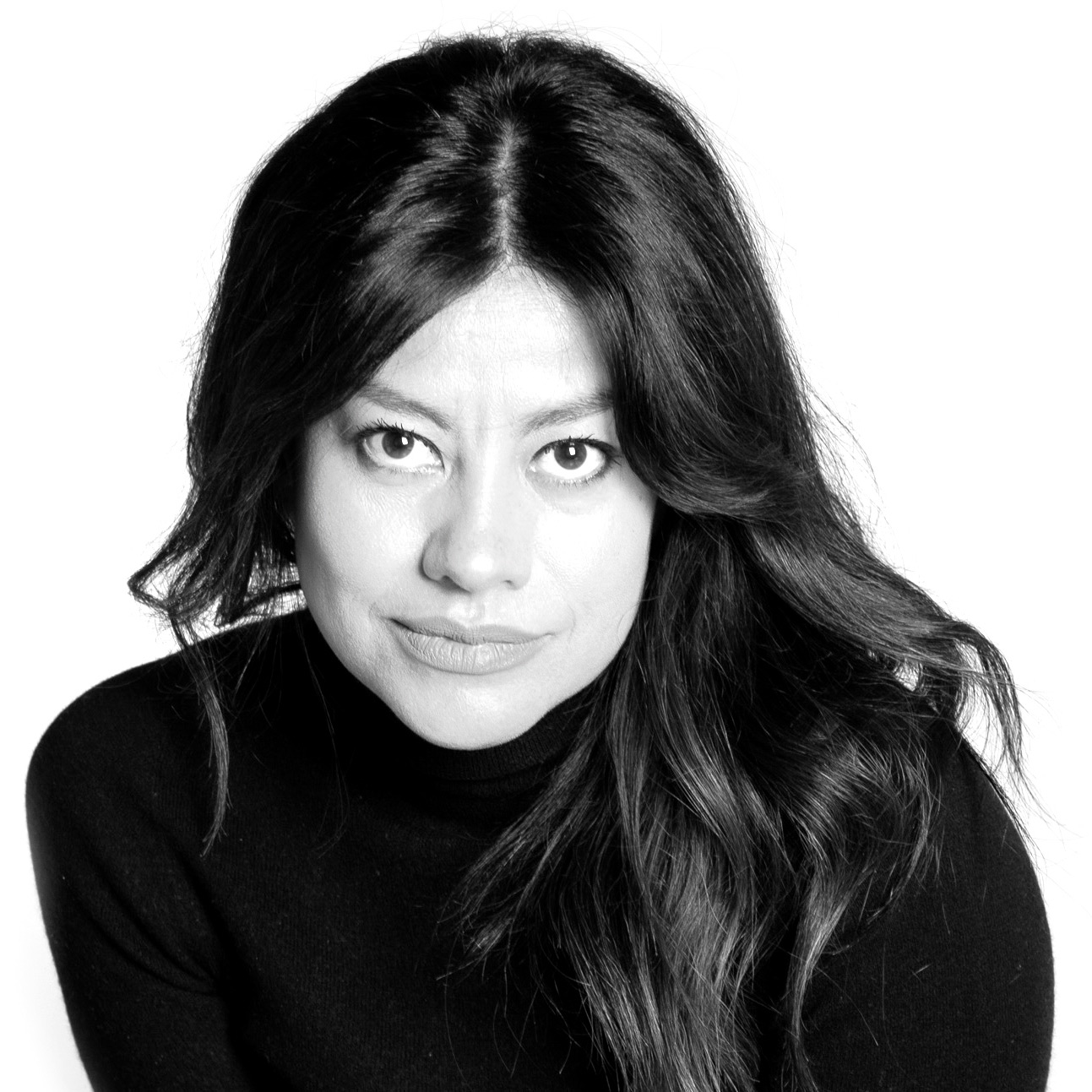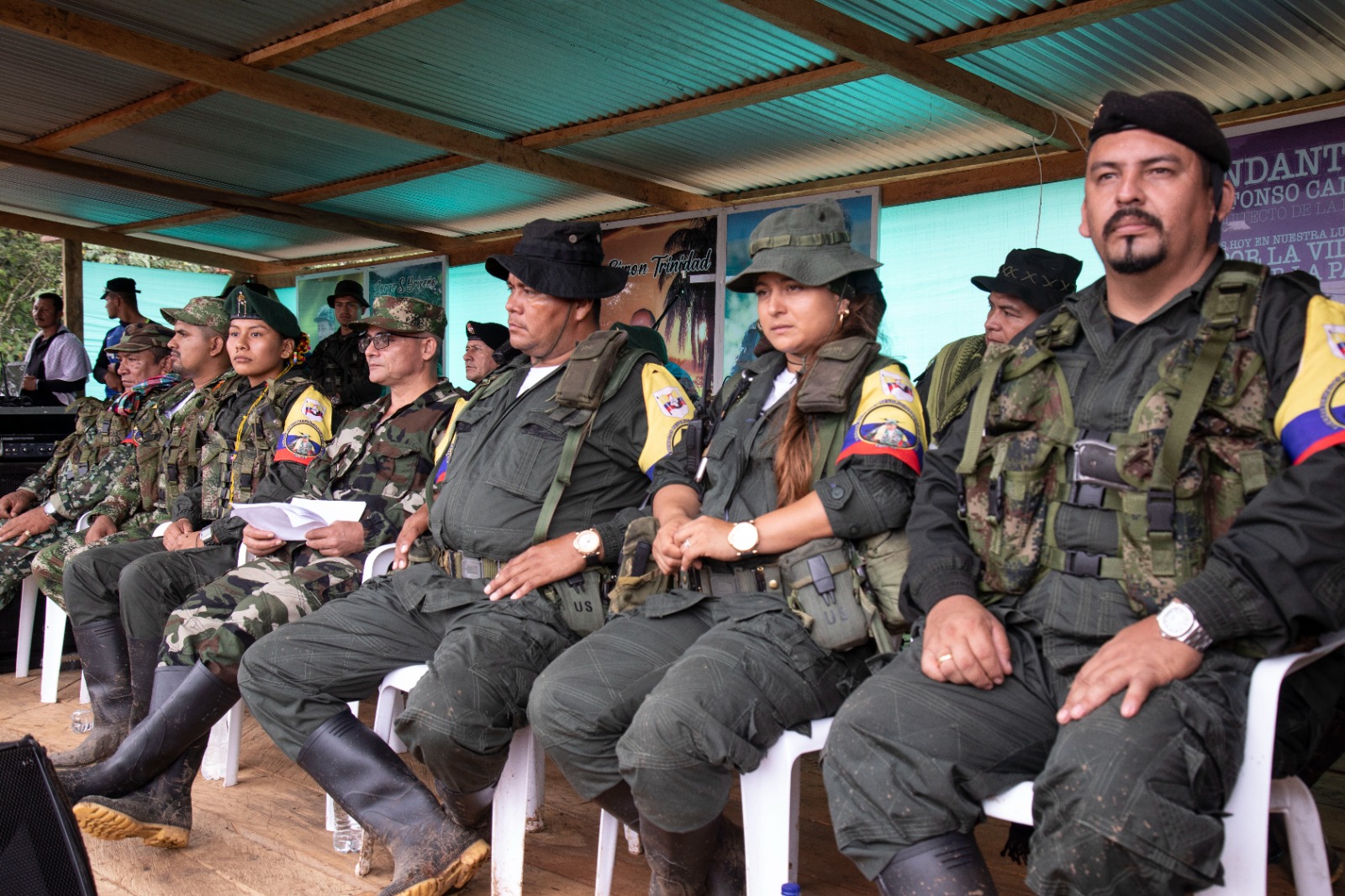"Unfortunately, it's often easier to make war."
- Colombia published in the midst of the social explosion experienced last year the Freytter association with Alberdania Confieso that I have complied with the (friendship I recognize, I have complied with friendship). Alberto Pinzón is a biography that summarizes the trajectory of the doctor and historical militant. On the eve of the presidential elections (first round on 29 May and second round on 19 June), we met with the author of the book, Alexander Ugalde (UPV/EHU) and the protagonist, Alberto, to reflect on the book and the current situation of the country.

Colombia is moving and coming from its headlines, but the emergency situation in the country remains. Has that been the reason for making the book?
Alexander Ugalde: Rather than studying Colombia in depth, our intention was to do a biographical work that valued Alberto's existence, and we have achieved it in part. The book outlines what happened in the country since its birth in Colombia in 1945 until its flight to Germany in 2002. In each of the personal situations described, we have had to contextualize what was happening in Colombia and sometimes in America. The result is a mixed text that combines Alberto's biography with the attempt to describe his environment.
Alberto, you were born in Bogotá in 1945. These years are known as “times of violence.” But violence has never disappeared.
Alberto Pinzón: Political violence then seemed like a Gartian curse, and it still seems so. In the 19th century, Colombia suffered nine vivid civil wars. The twentieth century begins on the same road, leaving thousands dead in wars between liberals and conservatives. The party taking power systematically pushed the loser. That is why those years were called “the era of violence.” This changed in 1957, when both sides formed the National Front.
Repression and misery continued. A decade later, the conflict changed its color. It was no longer a fratricidal war between liberals and conservatives, but the three guerrillas with a revolutionary Marxist vision declared war on the state to combat the misery and repression of the large landowners.
He studied anthropology at the University of Bogotá. You entered the youth of the Colombian Communist Party. Then he met Guillermo León Sáenz. He was a fellow militant who would later become commander of the FARC-EP guerrilla group.
A. Pinzón: We were young and the country that lived political effervescence. At university there was everything: pro-socialist Christians, Troskists, Maoists, anarchists... But I immersed myself in the communist movement. The general debate at the time focused on the use of armed struggle to achieve the objectives.
There I met William. From the beginning we developed a great personal, militant and academic friendship. So we created the university journal Rojo. Our left-wing ideological opponents bought it immediately to oppose our theses. It served us to raise debates and reflections. But then we take different paths. I stepped away from politics to start my vocation as a young man once I finished medical school. It is clear that William took another path.
Alberto Pinzón: "The Power Bloc has never forgiven me my work for a political solution"
In 1986 he received a message from Guillermo while working as a doctor in Bogotá. He met with him in the mountains of Sumapaz, in the framework of the FARC-EP guerrilla peace talks with the government that led Belisario Betancurt.
A. Pinzón: Accepting the request was to commit to my friend and colleague. We are in the fortress of the guerrilla Casa Verde, located in the vicinity of Sumapaz, where I stayed for two weeks. In those days I recognized that many sectors on the left had slept the guerrillas. We reflect on the possibilities of seeking a political solution. But things didn't happen as they wanted. In 1990, the newly elected president Cesar Gabiria launched Operation Colombia to destroy the command of Casa Verde and FARC-EP. However, this peace attempt created conditions for strengthening the Patriotic Union movement.
The apparatuses faced the Patriotic Union quickly. In this turbulent atmosphere, I participated in the Caguán Peace negotiations between the government of Andrés Pastrana and FARC-EP (1998-2002), as a member of the Committee of Personalities.
A. Pinzón: Besides engaging with Sumapaz, my academic career, summarized in the book, influenced the selection of the commission. By that time, I had already published articles on anthropology about the countries of Colombian origin, as well as medicine. I think my intellectual work and my friendship with Alfonso pushed the FARC-EP command to propose my name.
Caguán's also failed. On the way he suffered an attack and has since lived as a refugee in Germany.
A. Pinzón: Unfortunately, it is often easier to make war. Especially when a dominant warrior mindset prevails. Whoever has the strict support of an imperialist power such as the United States, with all kinds of resources, uses war to impose economic, political and ideological interests; Colombia is no exception. Thousands of Colombians who have tried to reverse the situation have been killed and many others have had to leave the country. Today, in 2022, I still receive threats on my phone. It is clear that the Power Block has never forgiven me the work done in favour of a political solution.
You speak of the Power Bloc. The book speaks long and tense about it, and sometimes it speaks of the so-called “military doctrine”.
A. Pinzón: It is the phenomenon experienced by the subordinate class and the Colombian working class on a daily basis. Colombian powers have established a structured military doctrine in the United States since World War II. Military doctrine has been applied in several South American countries since the Cold War and has been successful. This military doctrine has become a political ideology in Colombia as a solution to repression. With this they dominate Colombian society according to certain interests. Of course, it also generates responses to the assaulted and victimized.
Alexander Ugalde: "It is one thing to appropriate parliament and government and another to modify state structures"
Is it possible at the moment to deal with this bloc and political ideology from the progressive social spheres? Could an example be the social explosion of last year?
A. Ugalde: The repression suffered by students and social movements following last year’s mobilizations highlighted all this. The front has been formed, a heroic struggle has been made, now and before, but the result must be acknowledged, it is totally different. The peace agreement signed in 2016 has hardly been implemented. Six years later, the balance is disappointing. We are preparing a book with experts from different countries that aims to analyze this evolution in recent years and which we will publish in the coming months.
Alexander, is the latest publication in line with the objectives and values of the Freytter association?
A. Ugalde: A clear objective of the Association is to recover the historical memory of some aspects of the political, social and armed conflict in Colombia, and since its creation in Bilbao in 2012 we have made various initiatives. I confess that I have complied with friendship is one of the most ambitious initiatives we have taken. With the invaluable help of Jorge Freytter, the promoter of the association.
Why Alberto?
A. Ugalde: Alberto has been in exile for twenty years and since we founded the Freytter association we have invited events and conferences often. After an UPV event, he told us about the attack he suffered in 2002 during the Caguán dialogue process. He then managed to flee Colombia with the help of the German ambassador, and has since lived in Germany.
In the association we feel the need to collect, in addition to the attack, various experiences lived in their lives. The documented historical narration has been added to Alberto's verbal and verbal works so that, through each passage, the reader enters the path of Alberto. The book is another way to tell the Colombian conflict.
On top of that are the presidential elections. The polls show the first progressive front led by Gustavo Petro. Will the change come to Colombia? Will the change have the force needed to revolutionize the situation?
A. Ugalde: It is one thing to take ownership of Parliament and the Government and another is to have sufficient force to change the basic structures of the State. Sometimes left-wing forces come to governments – I will speak in plural because they are multiple – but the changes are not profound or permanent: Lula Da Silva or Dilma Rouself in Brazil, Rafael Correa in Ecuador… In Peru management is also being quite poor. In Colombia the same thing: although I win the coalition of the Historical Pact, I have many doubts about what can happen. The coalition is a mess of forces that I do not know how they will resolve contradictions in implementing decisive policies. Gustavo Petro is not a politician who plays his neck. Alberto sees Petro as a chameleon and, of course, the Power Bloc will extend ruthless opposition to him and change.

I have recently had the opportunity to see the latest work by Pierre Carles, a committed documentary author. Under the name of Guérilla des FARC, l'avenir a une histoire (FARC guerrilla, the future has history), proposes a renewed account of the armed conflict that has lasted... [+]
Uwa, kamsá, tukuná, uitoto, tikun, embera, nasa/yuwe, nuka, sikuani, siano, macuna, yuruti, kichwa, achagua, bora, truncar. These are some of the languages spoken in Colombia. Unfortunately, when I lived in Colombia, in Cundinamarca, I did not have the opportunity to learn our... [+]
International Migrants Day is celebrated on 18 December. Last year, an institutional event was held at the Alhóndiga in Bilbao in cooperation with the social partners and I was invited to participate. There I had an unbeatable opportunity to meet new creators and, above all, to... [+]
An indifferent people! How different your destiny would be if you knew the price of freedom! But it's not too late. Although I am a woman and young, I now have the courage to face death and I would have it a thousand times more, do not forget! ".
With these words, Policarpa... [+]






















